Focus in Photography Explained – 5 Tips for Setting the Correct Focus
Rent film gear from local filmmakers.

Rent film gear from local filmmakers.
Achieving camera focus is one of the most essential things when capturing great images. How do you do this? By mastering the art of focus in photography.
Follow along, and learn all you need to know about achieving focus in photography!
If you want to learn more about photography, consider reading our article on photography 101. You'll learn all of the basics of photography!
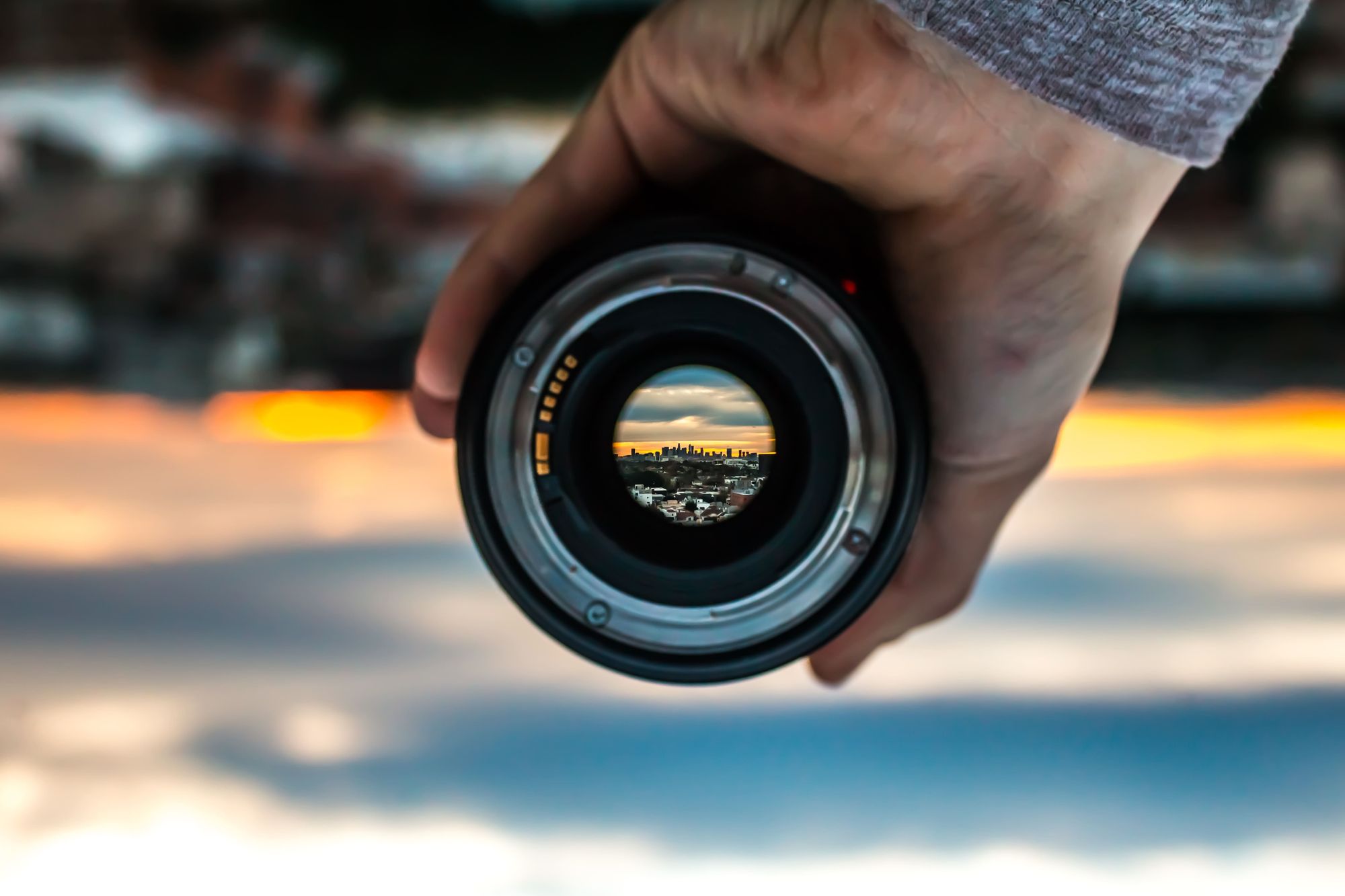
What is focus in photography?
So what exactly does it mean when we're talking about focus in photography?
Focusing is one of the most important skills needed to become a good photographer.
Camera focus is achieved by picking an aperture relative to the light available.
Aperture determines how open your lens is and how much light travels through the lens to the image sensor. Aperture also determines the depth of field, which can be either shallow or deep.
A shallow depth of field means that only the subject is in focus, and everything else is blurred. This is also known as bokeh. A deep depth of field means that most things in the picture will appear sharp.
As a photographer, you have to think of camera focus and adjust the camera's lens to achieve the best-looking image.
Adjusting the lens can change your subject from being blurry to looking sharp. It's like when you're at the optician and trying out different glass strengths.
You can achieve focus in different ways, but the most common descriptors are autofocus and manual focus.
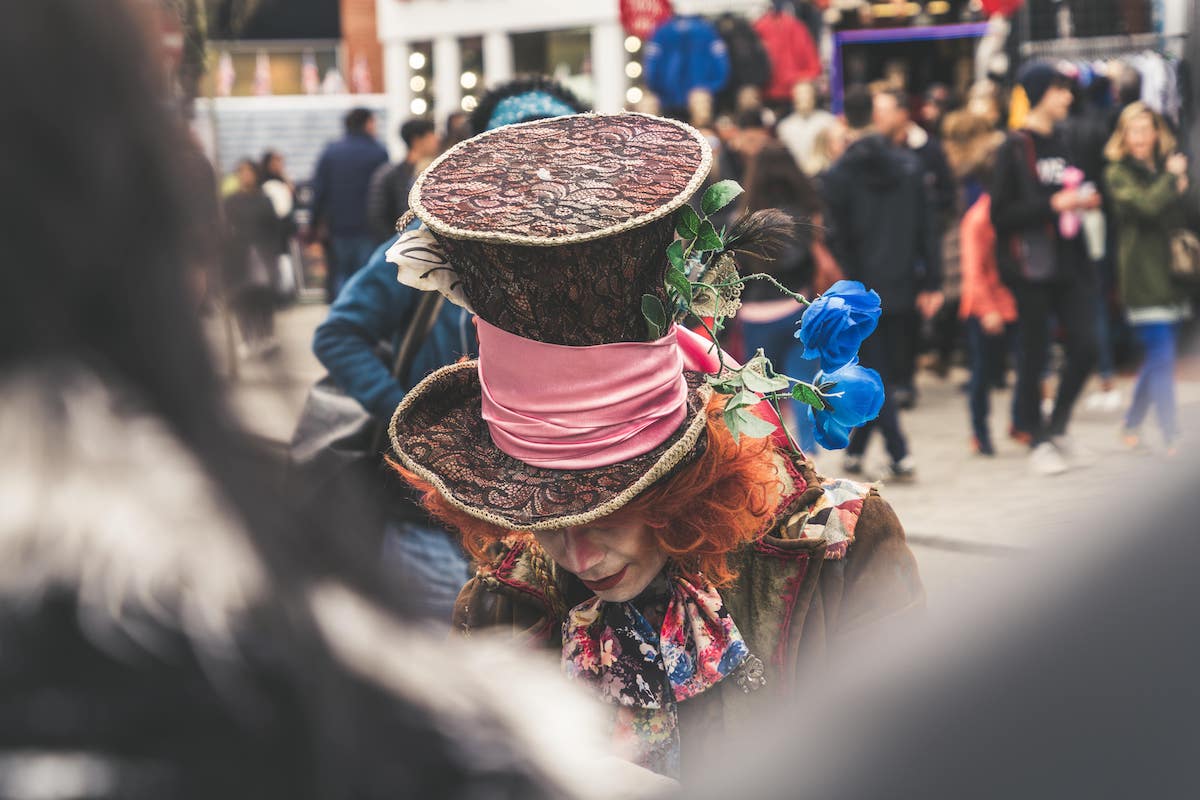
Autofocus
Autofocus is precisely what it sounds like - a feature that automatically focuses for you.
This feature is beneficial in specific situations such as continuous shooting. That's when you're shooting many pictures in a short burst of time.
In those situations, it's impossible to manually focus on your subject, especially if it's moving.
Autofocus is a great feature that works better on some cameras than others. It saves photographers a lot of time, but it's rarely as precise as manual focus. At least if you know what you're doing.
Auto-area modes
If you have a digital camera, you'll be able to set your autofocus' auto-area modes. They're modes determining the focus points that the autofocus should look for.
- Single point autofocus: Where autofocus uses one focusing point to achieve focus. This works well when you have a single subject that's not moving.
- 3D tracking autofocus: Allows you to follow your subject around while maintaining focus on it. It does not require you to move your camera around with the subject. It will track it around the screen automatically. This type of autofocus is excellent for fast-moving subjects such as wildlife photography.
- Group-area autofocus: The autofocus uses around five autofocus points. This will give you five focus points with the same priority, which will track the nearest subject to each point. This is great for fast-moving subjects such as cars or birds, where autofocus otherwise would be hard to achieve.
Manual focus
Manually focusing is one of the most important skills a photographer can achieve. The autofocus technology has come far, but it still isn't perfect.
Some situations might require you to manually focus to attain the sharpest focus. Manual focus is achieved by manually adjusting the lens.
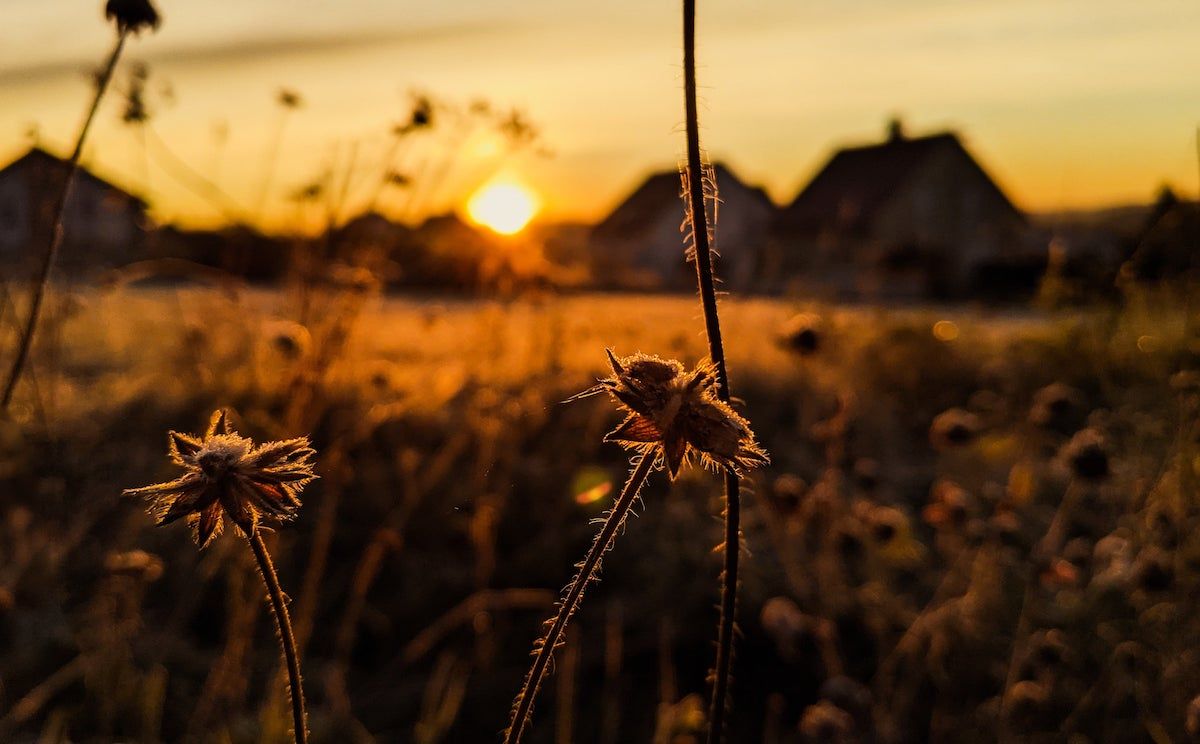
Phase detection vs. Contrast detection
Phase detection is an autofocus system that works fast and is good at tracking moving subjects. Phase detection can also be inaccurate and should only be used when your subject moves.
On the other hand, contrast detection is an autofocus system that's a bit slower. It doesn't work well with moving subjects. It is, however, very accurate and should be used whenever your subject is stationary or at least only moving slowly.
Continuous vs. single-serve autofocus
Continuous autofocus is when the autofocus continuously adjusts the focus while holding down the focus button. Continuous AF is meant for shooting moving subjects.
Single-serve autofocus is when your camera only focuses once while holding the focus button. This is best for when your subject and camera are still, as it doesn't have to adjust the focus.
5 tips for focusing in photography
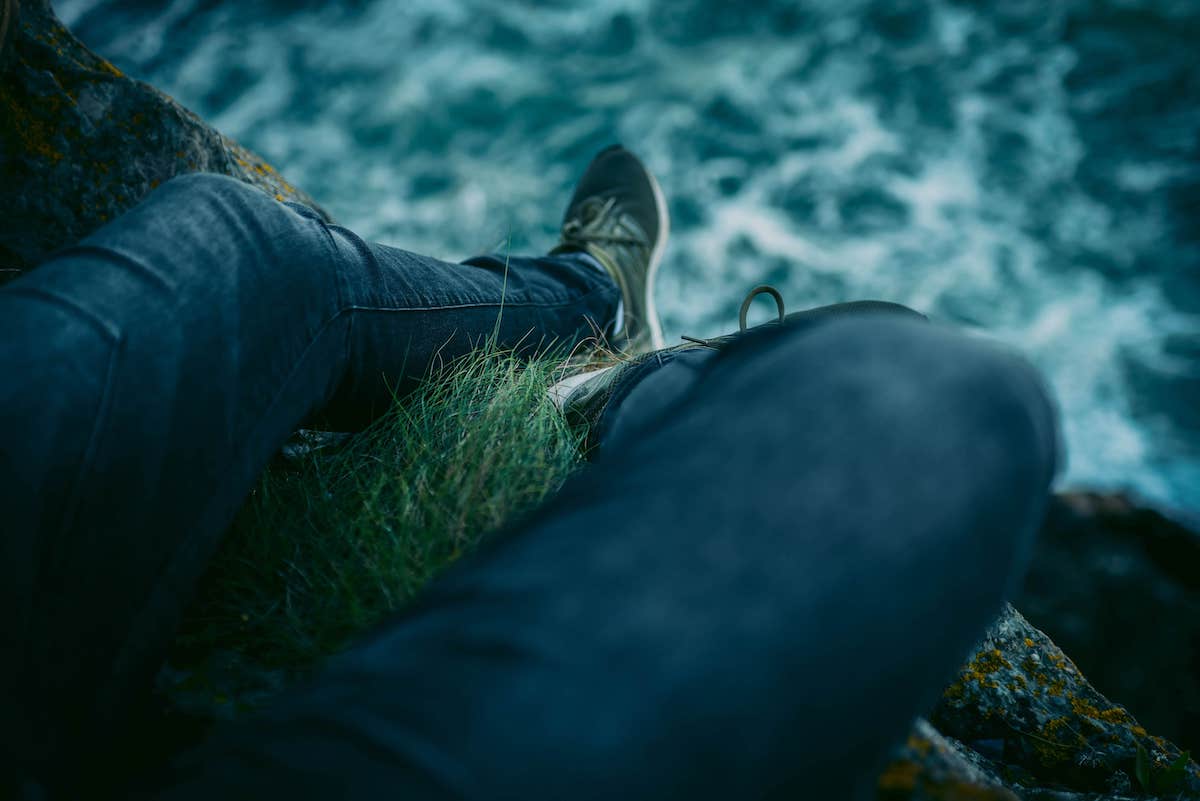
1. Know your focal points
You'll find your focal points in your viewfinder by looking at the squares during autofocus.
To understand these focal points, you must remember that vertical rectangles focus on horizontal lines, and horizontal rectangles focus on vertical lines.
2. Use aperture priority mode
Another way to focus in photography is when you use aperture priority mode. In aperture priority mode, you set the depth of field and ISO, and the camera will automatically calculate and set the optimal aperture.
3. Switch from "M" to "AF" on your lens and camera
This one might be more simple but also important for new photographers. Your camera will not automatically focus on your subjects unless you tell it to.
To activate your autofocus, you'll have to switch your settings from M to AF.
This is typically found on your mode dial. You should also check the side of your lens and look for a switch that says either AF or MF.
4. Select the best autofocus mode
This is a quick refresher of what we talked about earlier. It's essential to select the suitable autofocus mode for your purpose.
If you're doing portrait photography, you should pick single autofocus. You should do continuous autofocus if you're doing wildlife or action photography.
5. Avoid shooting in low light
Lastly, try to shoot in areas with sufficient lighting, as the amount of lighting affects your camera's ability to focus.
Your focus is affected by how much light hits your camera's lens, and pictures in dark areas will come out unclear.
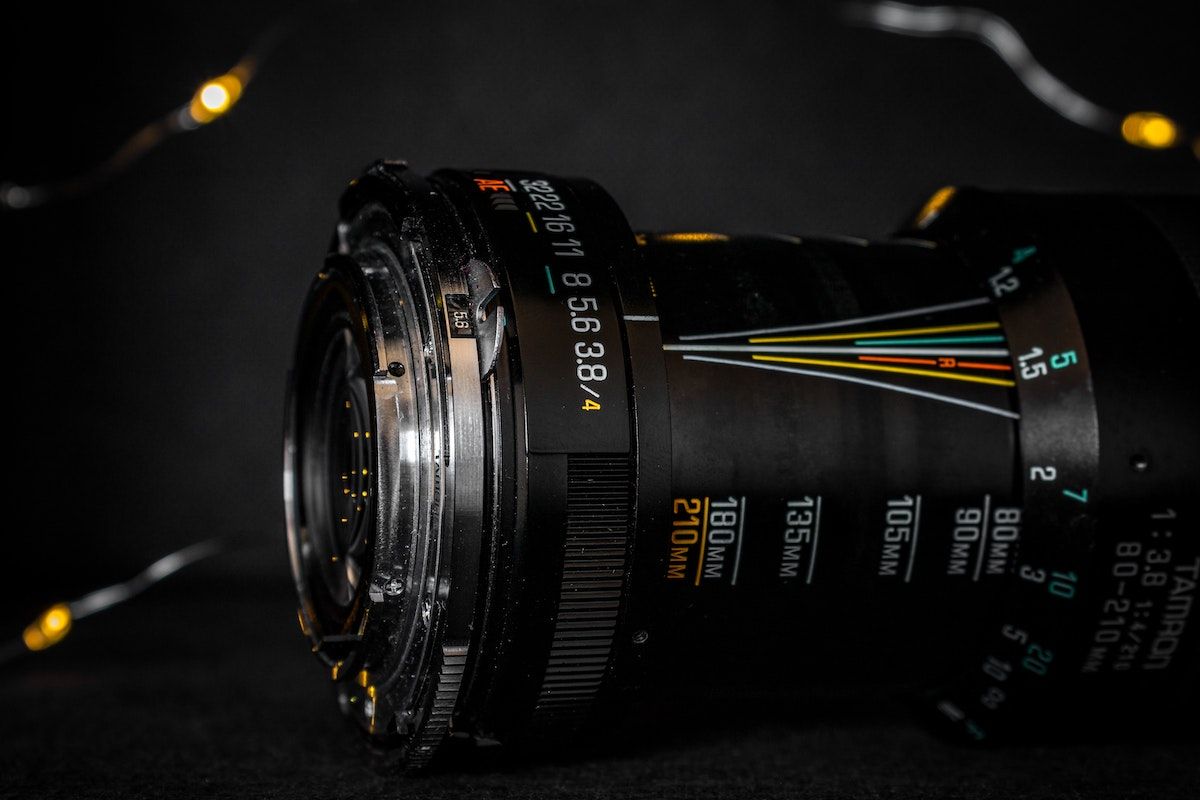
Learn more. Dive into depth of field in photography
I hope you learned a thing or two about focus in photography!
If you want to learn more about lighting about focus in photography, you can read our article on depth of field. You'll learn everything you need to know about utilizing depth of field in your photography!
What is focus in photography?
Camera focus happens by adjusting the camera's lens in order to achieve the best looking image you can get. Adjusting the lens can change your subject from being blurry to looking sharp.
How to get a sharp focus in photography?
Pick the an aperture 2 or 3 f/stops from the widest aperture on your lens. This will give you the sharpest focus. Also ensure that you have enough light.






















